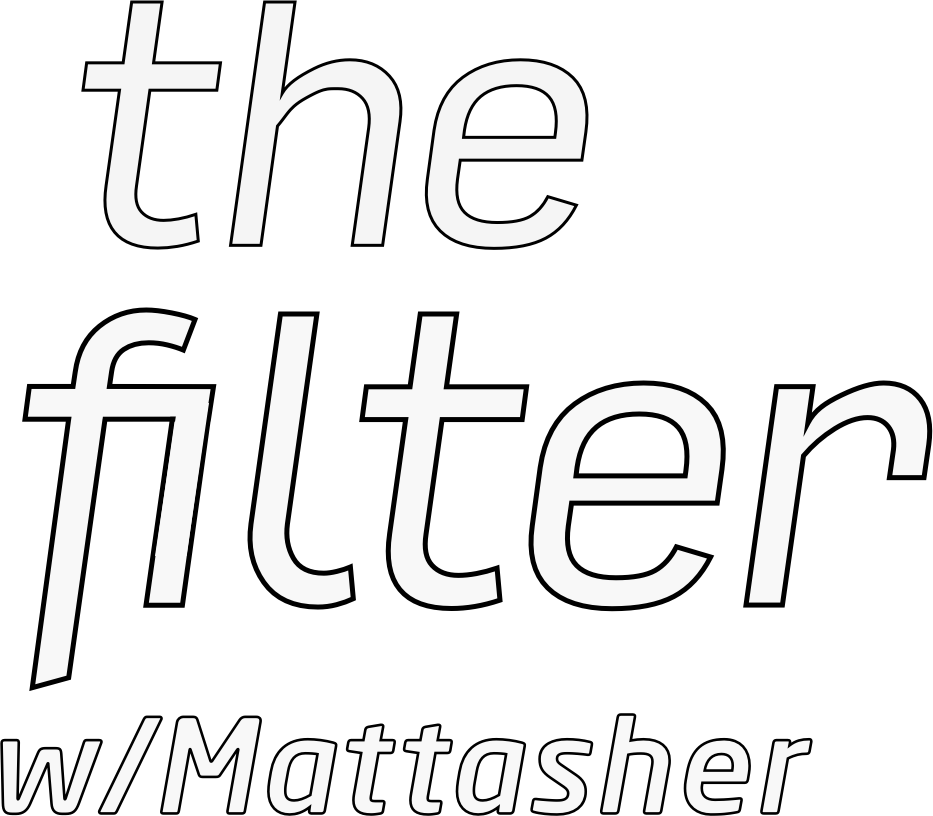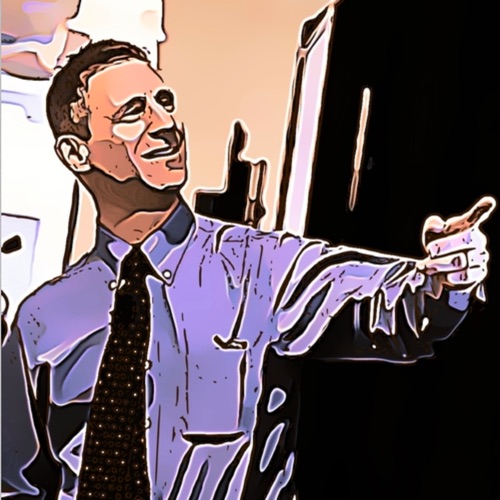
Pete Quiñones, host of Free Man Beyond the Wall, talks about the decline of the American empire, whether we should cheer on collapse, and how to prepare for life in the coming dim age. Among other things, we discuss: The pros and cons of collapsitarianism, which failed state will we most closely resemble, and chaos vs uncertainty during the zombie apocalypse.
Podcast: Play in new window | Download




